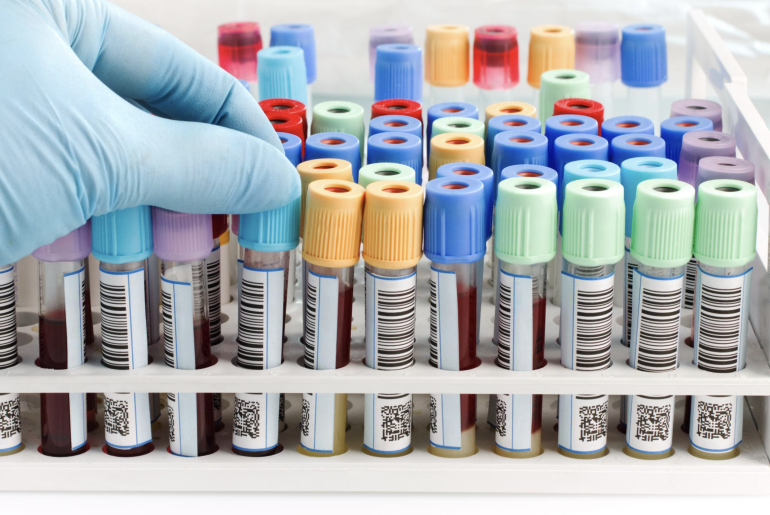Comprehensive medical care includes accurate diagnostic testing that influences a physician’s treatment approach. However, there is a need for adequate physician training to ensure the accuracy of your Harrison laboratory test. The following are some of the most common laboratory tests:
Complete blood count
Most doctors perform a complete blood count to analyze a patient’s cardiovascular health. Blood contains different cells that contribute to its function. A total blood count, also known as CBC, can help physicians appreciate the type and number of blood cells present in a patient’s body. For example, how many platelets, white blood cells, and red blood cells are present. Patients with specific conditions like anemia and infection can benefit from a blood cell count, which determines nutritional status and underlying causative factors of disease.
Prothrombin time
Physicians conduct this test to determine how long a patient’s blood takes to clot. Blood clotting is an important process that prevents patients from excessive bleeding due to injury to blood vessels. Excess bleeding can cause anemia and interfere with blood circulation to other body parts. Five different clotting factors promote coagulation. A physician may analyze the mechanisms of present clotting factors to understand a patient’s concerns. For example, patients under specific medications can benefit from a prothrombin time test which helps their physicians determine how the introduction of particular chemicals, for example, those that prevent blood clot formation, works.
Basic metabolic panel
Doctors may recommend a basic metabolic panel to determine a patient’s blood sugar level. This laboratory test focuses on analyzing blood components to determine the amount of potassium, sodium, chloride, and calcium. The results from a basic metabolic panel can help physicians assess electrolyte and fluid balance in the body. This test is primarily useful in the diagnosis of kidney function. Most doctors recommend a basic metabolic panel during annual wellness screenings to diagnose various conditions affecting the achievement of quality life. Your doctor will guide you in specific things you need to do to enhance test results. For example, patients should expect to fast at least 12 hours before the test.
Comprehensive metabolic panel
This diagnostic test is specific to organ systems. Physicians conduct comprehensive metabolic panels to test for metabolic function efficacy in patients. This test involves combining the basic metabolic panel techniques with six different tests. For example:
Liquid panel: This test involved detecting triglyceride and cholesterol levels to ensure cardiac wellness.
- Liver panel: This test is perfect when a physician suspects the presence of tumors.
- Thyroid-stimulating hormone: Physicians test for the thyroid-stimulating hormone to appreciate thyroid function.
- Hemoglobin A1C: There is no better test for the diagnosis and treatment of diabetes.
- Urinalysis: Physicians can also conduct Urinalysis to determine blood sugar levels. However, the test can indicate kidney disease.
- Cultures: This test can help determine the presence of infection and thus contribute to developing appropriate antibiotic treatment.
Contact Harrison Medical Group to receive accurate laboratory testing to confirm a diagnosis of your symptoms and thus develop the right treatment approach to wellness.

